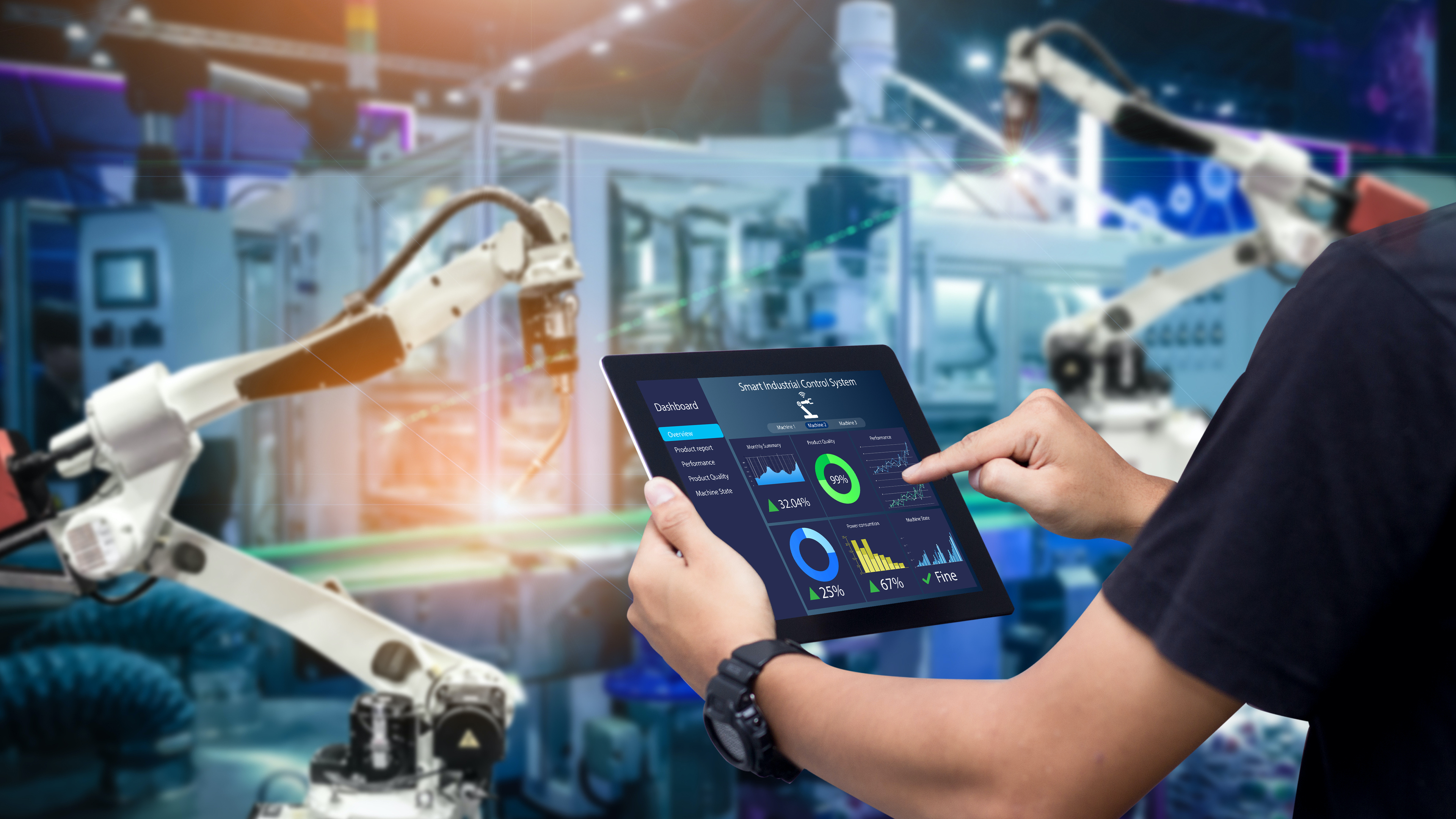In the relentless march of progress, the constant influx of new technologies has become the heartbeat of our ever-evolving world. From artificial intelligence to quantum computing, the landscape of innovation is vast and multifaceted. This article embarks on an exhilarating exploration of the new technologies that are not just reshaping industries but fundamentally altering the way we live, work, and connect in the 21st century.

1. Artificial Intelligence (AI): The Sentinel of Digital Intelligence
At the forefront of the technological revolution stands Artificial Intelligence (AI), a beacon of computational prowess that mimics human intelligence. Machine learning algorithms, neural networks, and natural language processing are propelling AI into realms once thought reserved for science fiction. From personalized virtual assistants to predictive analytics, AI permeates diverse sectors, bringing automation, efficiency, and innovation to the forefront.
2. Quantum Computing: Computing at the Speed of Subatomic Particles
Quantum computing represents a paradigm shift in computational power. Unlike classical computers that rely on bits, quantum computers leverage quantum bits or qubits. This allows them to perform complex calculations at speeds unimaginable with traditional computers. Quantum computing holds the potential to revolutionize fields such as cryptography, drug discovery, and optimization problems, unlocking a new era of computational capabilities.
3. Internet of Things (IoT): Connecting the Fabric of Everyday Life
The Internet of Things (IoT) weaves a tapestry of interconnected devices, creating a network where everyday objects communicate and share data. From smart homes and wearable devices to industrial sensors, the IoT transforms inanimate objects into intelligent entities. This interconnectedness enhances efficiency, facilitates data-driven decision-making, and gives rise to a world where devices seamlessly collaborate to enhance our daily experiences.
4. 5G Technology: Paving the Way for Hyper-Connectivity
The advent of 5G technology heralds a new era of hyper-connectivity. With faster speeds, lower latency, and increased capacity, 5G transforms the way we communicate and interact with digital content. From augmented reality experiences to autonomous vehicles, the applications of 5G extend beyond faster downloads, laying the foundation for a connected future where real-time communication is the norm.
5. Biotechnology: Redefining Healthcare and Beyond
Biotechnology is rewriting the rules of medicine and agriculture. CRISPR gene-editing technology allows for precise modification of genetic material, holding promise for treating genetic disorders. In agriculture, biotechnology enhances crop yields and resilience. The convergence of biotechnology with AI accelerates drug discovery and personalized medicine, ushering in an era of healthcare tailored to individual genetic profiles.
6. Augmented Reality (AR) and Virtual Reality (VR): Immersive Realities Unveiled
Augmented Reality (AR) and Virtual Reality (VR) transport us to realms where the boundaries between the physical and digital worlds blur. AR overlays digital information onto our real-world view, enhancing experiences from gaming to navigation. VR, on the other hand, immerses users in entirely virtual environments, revolutionizing fields like education, training, and entertainment.
7. Blockchain Technology: Decentralizing Trust and Transactions
Blockchain, the technology underpinning cryptocurrencies like Bitcoin, has evolved into a robust system for decentralized and secure transactions. Beyond finance, blockchain finds applications in supply chain management, healthcare, and voting systems. Its decentralized nature, secured by cryptography, ensures transparency, trust, and immutability in transactions.
8. Edge Computing: Empowering Real-Time Data Processing
Edge computing reshapes the way we handle data by processing it closer to the source, reducing latency and enhancing efficiency. In scenarios where real-time decision-making is critical, such as autonomous vehicles or smart cities, edge computing ensures that data is processed swiftly, without the need for round-trip communication to a centralized server.
9. Robotics and Automation: Machines as Collaborative Partners
The rise of robotics and automation introduces a new era where machines collaborate with humans in various domains. From industrial robots optimizing manufacturing processes to collaborative robots (cobots) working alongside humans in diverse settings, the integration of robotics enhances efficiency, precision, and safety.
10. Biometric Technology: Personalized Security and Identification
Biometric technology leverages unique physiological and behavioral traits for secure identification. From fingerprint and facial recognition to voice and iris scans, biometrics are transforming security measures in access control, financial transactions, and personal devices. The inherent uniqueness of biometric data enhances security while streamlining user authentication processes.
Challenges and Considerations: Navigating the Techscape
As we immerse ourselves in the sea of new technologies, it is essential to acknowledge the challenges and ethical considerations they bring. Privacy concerns, data security, job displacement due to automation, and the responsible use of technologies like AI and biotechnology require careful navigation and ethical considerations to ensure a balanced and sustainable techscape.
Conclusion: Crafting Tomorrow with Innovation
In conclusion, the kaleidoscope of new technologies is reshaping the very fabric of our existence. From the realms of AI and quantum computing to the immersive experiences of AR and VR, these technologies are not just tools but catalysts for unprecedented change. As we navigate this landscape of innovation, the responsibility lies in harnessing these technologies ethically and collaboratively, crafting a tomorrow where the fusion of human ingenuity and technological advancement propels us into new frontiers of possibility.